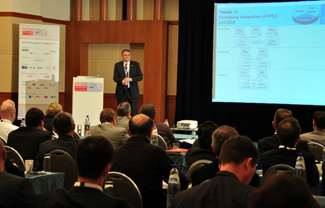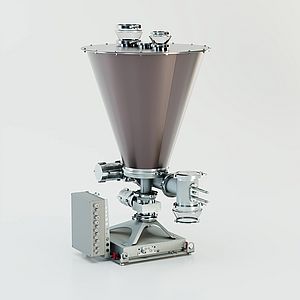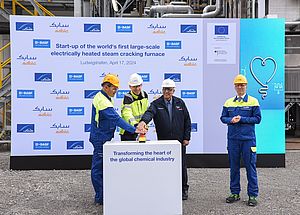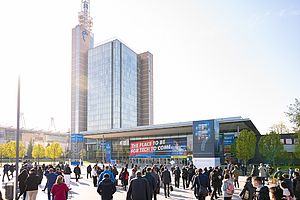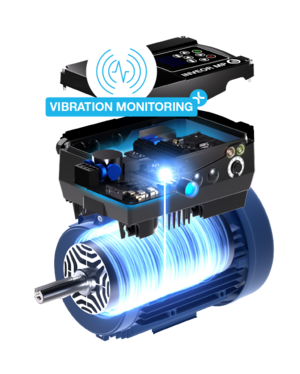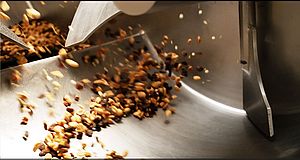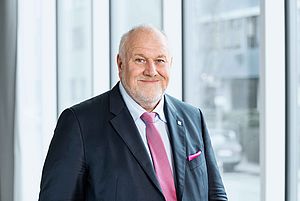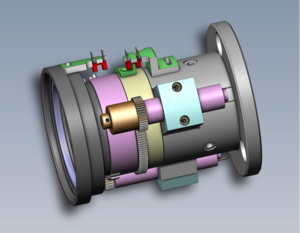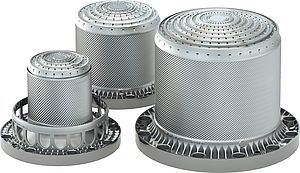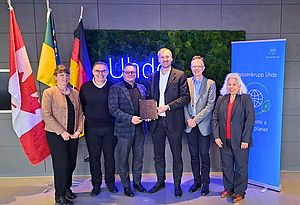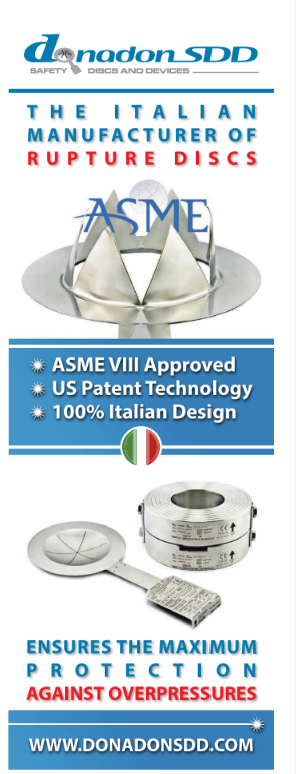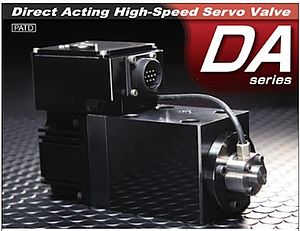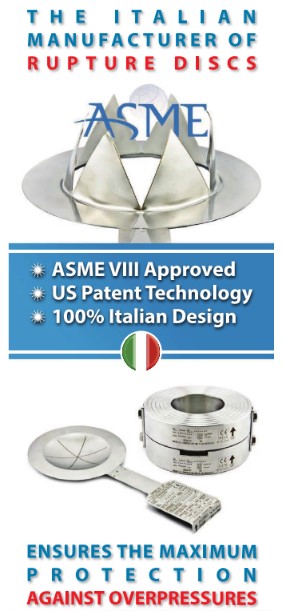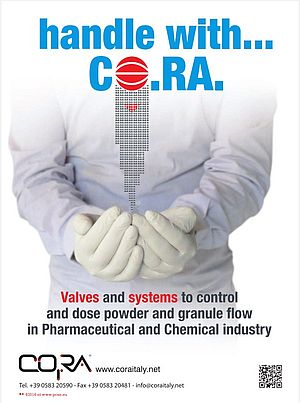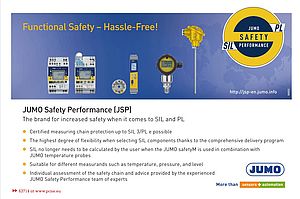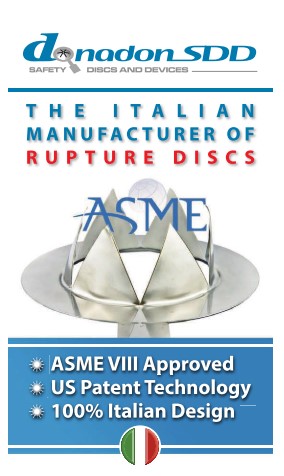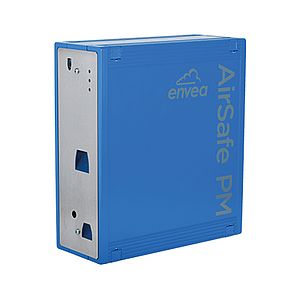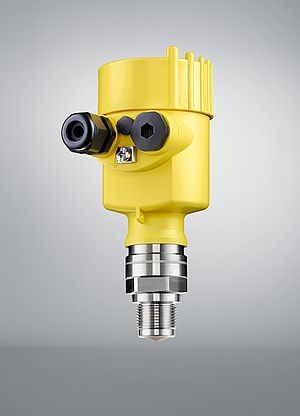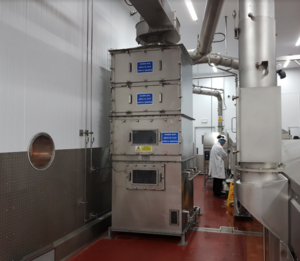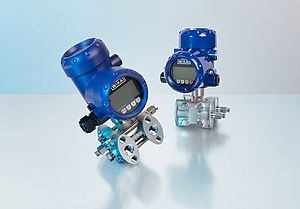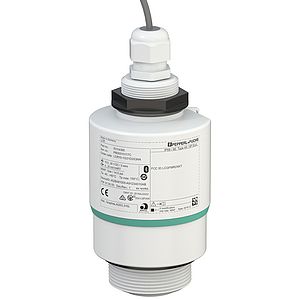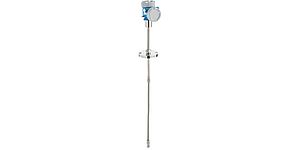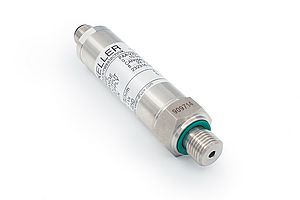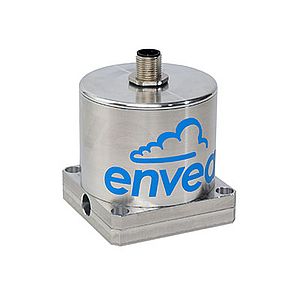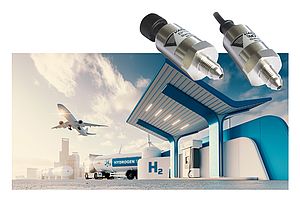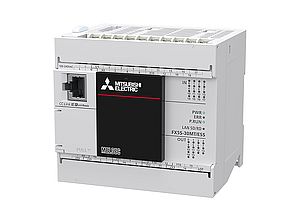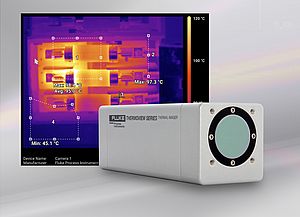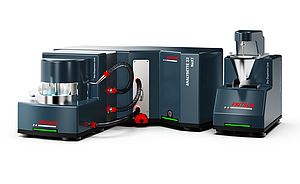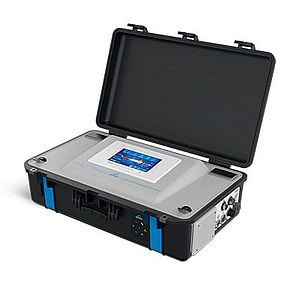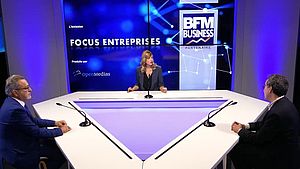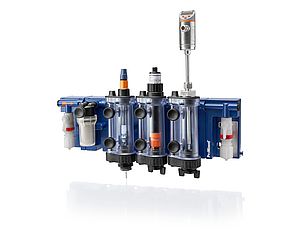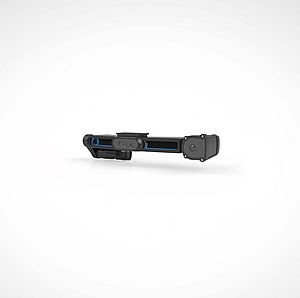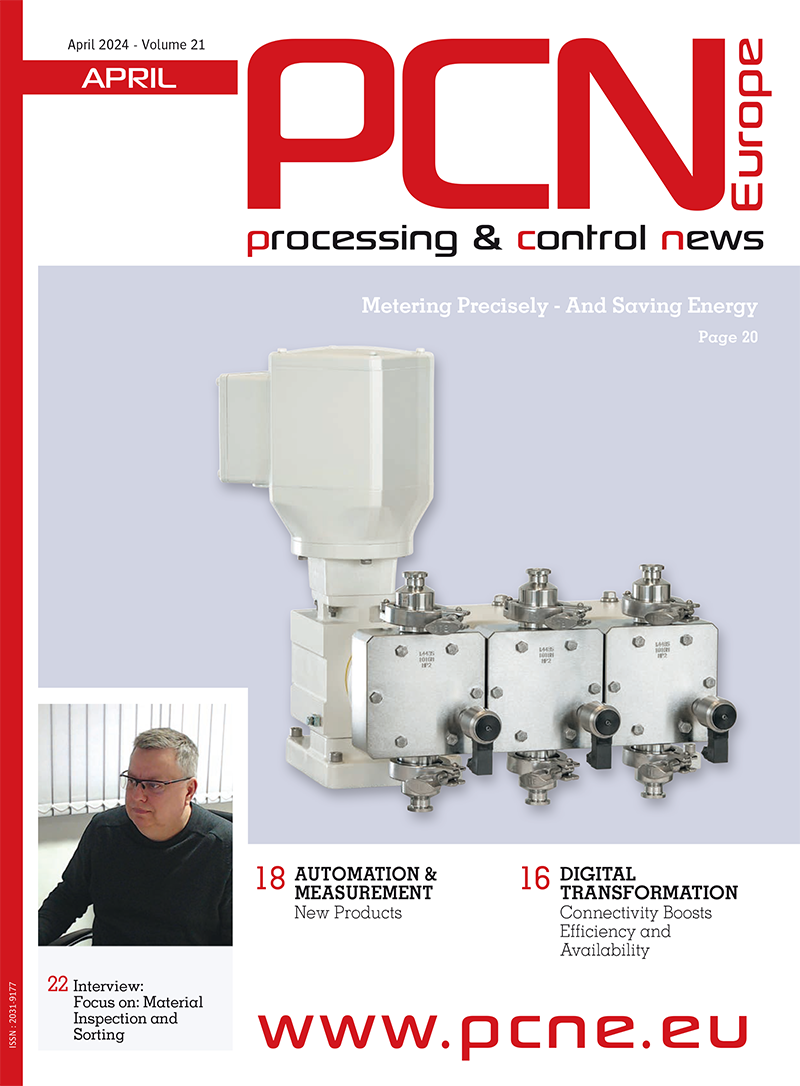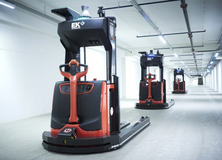With an emphasis on practical strategies, best practices, and maximizing the business benefits of safe and sustainable manufacturing, ARC Advisory Group’s 8th Annual Process Management Academy (PMA) takes the theme “Excellence in Safety and Sustainability” to the next level.
The general session will include presentations by end users who will share their experiences, as well as by leading technology suppliers and other industry experts. In addition, dedicated workshops will focus on the specific issues surrounding cyber security and functional safety, process safety, energy efficiency, and supply chain integrity and brand protection in the process and hybrid industries. The Cyber Security and Functional Safety Workshop will follow upon objectives identified at the previous workshop held at ARC's 2011 Process Management Academy.
ARC continues to extend, via live internet broadcast, the content of PMA to a broader audience. Presentations and discussions can be viewed at www.process-management-academy.com. Participants travelling to Antwerp have the benefit of networking on a face-to-face basis.
Workshops
In addition to the general sessions, dedicated workshops will focus on the specific issues surrounding cyber security and functional safety, process safety, energy efficiency, and supply chain integrity and brand protection in the process and hybrid industries.
Cyber Security and Functional Safety
Information technology and automation are the backbones of most manufacturing operations. However, production downtime due to IT-related risks is on the rise and, in the coming years, both the rate of technology change and the degree of information integration required will remain high. How will we manage the associated risks? What needs to be done to secure automation systems in the future?
These questions were the topic of the IT Security Workshop held in conjunction with ARC’s 2011 Process Management Academy. Participants agreed to take action on the conclusions drawn during the workshop and follow up in a second workshop during PMA 2012. This continued discussion will deal with standardization efforts, custom approaches, the development of intrinsic security design, appropriate levels of protection, and the findings of the IT security investigations conducted in close collaboration with NAMUR
End users demand easy and less complex automation solutions. At this moment in time, more and more smart safety options are competing with traditional ways of safety wiring. Will this be the start of a new installation standard for safety applications? This workshop will address this trend and present the technical opportunities available.
Excellence in Process Safety
Despite decades of automation effort, human error in operations and maintenance remains a major contributor to industrial risk. Major recent accidents are still fresh in memory, but there are many more ‘near-misses’. One danger is the unconscious belief that we cannot do much about human unpredictability and unreliability, thus perpetuating industrial incidents and accidents. The most common root causes for error are lack of competence and failure to follow a procedure. This workshop is a platform to share experiences, best practices, and discuss standardization and cooperation in process safety, as a complement to safety automation.
Energy Efficiency
From the 1950s to the 1990s, the share of energy costs in the process industries was on average below 7 percent. In the 2000s the share rose sharply and reached, depending on industry and region, between 15 and 25 percent. The industry has to face the mounting challenge to counteract increasing energy costs. While some industries such as chemicals have been working on this issue consistently for over 20 years, others were struck by the 2007/2008 wake-up call. At the PMA 2009 and 2010 conferences, the discussion focused on low hanging fruits, small punctual investments with fast return on investment. However, there is a limited number of these investments. At this workshop, we endeavor to answer the question: How long will there by low hanging fruits and what to do next?
Best Practices in Supply Chain Integrity and Brand Protection
An estimated 10 percent of all goods are counterfeit and 7-8 percent of global pharmaceuticals. The OECD and US Government estimate the damage to the global market between $650 billion and $1 trillion. Impacted industries are, among others, apparel, consumer electronics, pharmaceuticals, and automotive spare parts. As a result, manufacturers now deploy anti-counterfeiting technologies to protect brands, protect consumers, and allow rapid and effective response to counterfeit products. These can be visible or invisible, machine or man readable identification and serialization on packaging or the product itself. In Europe the anti-counterfeiting initiatives are strongly stimulated by regulation related to drug safety and managing fraud in the reimbursement processes. This workshop will discuss challenges and solutions, both procedural and technological, in reducing counterfeiting.
Process Management Academy Europe 2012
on March 5-6, 2012 in Antwerp, Belgium
- January 26, 2012
- 120 views


